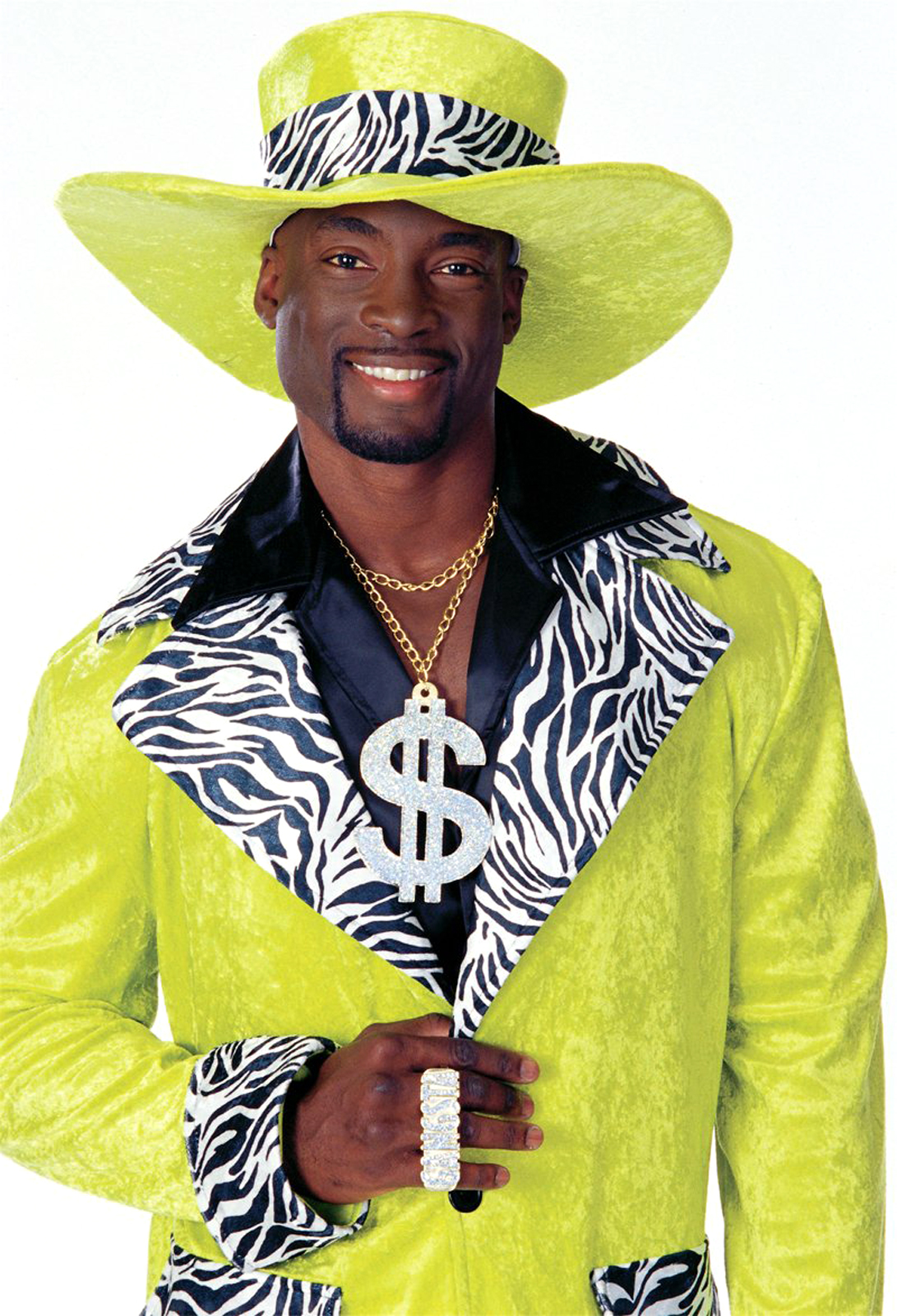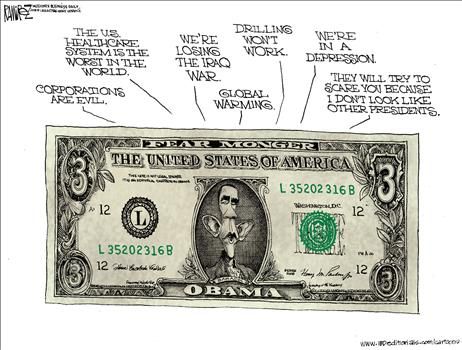3.14.2009
3.08.2009
2.20.2009
what is the new deal.
2.19.2009
2.15.2009
We have decided not to die
The director is Daniel Askill, a music video director behind videos for UNKLE, Placebo and Digitalism among others, and who also is the star of the second ritual. His penchant for water environments, slo-mo movement and other usual trademarks of his work are all present here.
2.10.2009
my package is bigger than yours.
2.05.2009
New Deal.
The New Deal is played in many different ways around the world. Many different countries have their own version or versions of the show, each with version-specific twists on the same general format. The general format is described here.
The New Deal involves a citizan, a banker, and a host/presenter who emcees the bargain. The bargain revolves around the opening of a set of numbered briefcases (or boxes), each of which contains a different prize (cash or otherwise). The contents of all of the briefcases are known at the start of the contract, but the specific location of any prize is unknown. The value of each of the boxes or briefcases is indicated by a label or card sealed within it.
The contestant claims (or is assigned) a briefcase to begin the deal. The case's value is not revealed until the conclusion of the bargain.
The contestant then begins choosing cases to be removed from play. The amount inside each choice is immediately revealed; by process of elimination, the amount revealed cannot be inside the player's chosen case. Throughout the bargain, after a predetermined number of cases have been opened, the banker offers the contestant an amount of money and/or prizes to quit the deal, the offer based roughly on the amounts remaining in play and the contestant's demeanor. The player then answers the titular question, choosing:
- "Deal", accepting the offer presented and ending the bargain, or
- "New Deal", rejecting the offer and continuing the bargain.
This process of removing cases and receiving offers continues, until either the player accepts an offer to 'deal', or all offers have been rejected and the values of all unselected cases are revealed. The individual wins the value of the deal taken, or if new deal is taken, the contents of the player's case.
Should a person end the bargain by taking a deal, a pseudo-game is continued from that point to see how much the player could have won by remaining in the contract. Depending on subsequent choices and offers, it is determined whether or not the contestant made a "good deal", i.e. won more than if the treaty were allowed to continue.
Since the range of possible values is known at the start of each agreement, how much the banker offers at any given point changes based on what values have been eliminated. To promote suspense and lengthen deals, the banker's offer is usually less than the expected value dictated by probability theory, particularly early in the treaty. Generally, the offers early in the treaty are very low relative to the values still in play and approach (or even exceed) the average of the remaining values near the end of the bargain.
Only a few people have ever won the top prize on any version of the event. For a contestant to win the top prize the player would have to select the case containing the top prize and reject every offer the banker makes during the contract. While the chances of a player selecting the top prize are reasonable, the chances that a citizen will be able to turn down a number of inevitably large offers to win that top prize are much smaller.
2.01.2009
Funny Girl
1.30.2009
1.29.2009
1.27.2009
Is inflation a threat to society? Consider this famous quote:
“There is no subtler, no surer means of overturning the existing basis of society than to debauch the currency. The process engages all the hidden forces of economic law on the side of destruction, and does it in a manner which not one man in a million is able to diagnose.” Lord John Maynard Keynes (1883-1946), renowned British economist.
1.25.2009
1.24.2009
1.19.2009
these are cool
friends
past
-
▼
2009
(29)
- ► February 2009 (8)
-
►
January 2009
(18)
- Yes, Richard Serra did make video art.
- No title
- now we are short on both.
- sound like a really silly film.
- dollar menu at Mickey D's
- 1933
- its hard out here for a pimp.
- I HATE MONEY CUZ IT MAKES ME NUMB!
- and it wasn't a plasma.
- Is inflation a threat to society? Consider this fa...
- No title
- today is the dollar
- dolla dolla bills yall
- what is an american dollar used for?
- No title
- No title
- after the trip to the netherlands to obtain the gr...
- the reason why i left california.


















